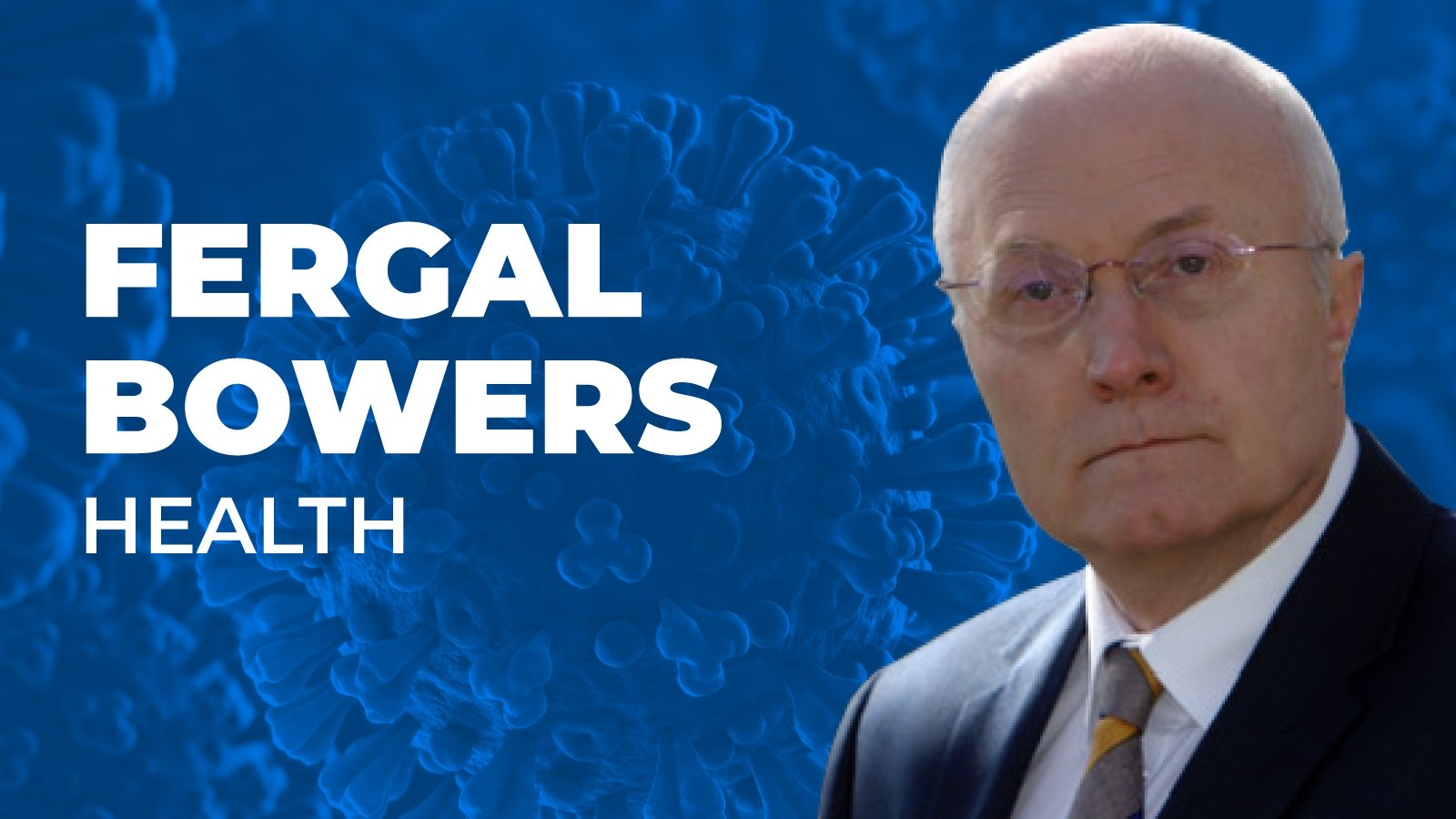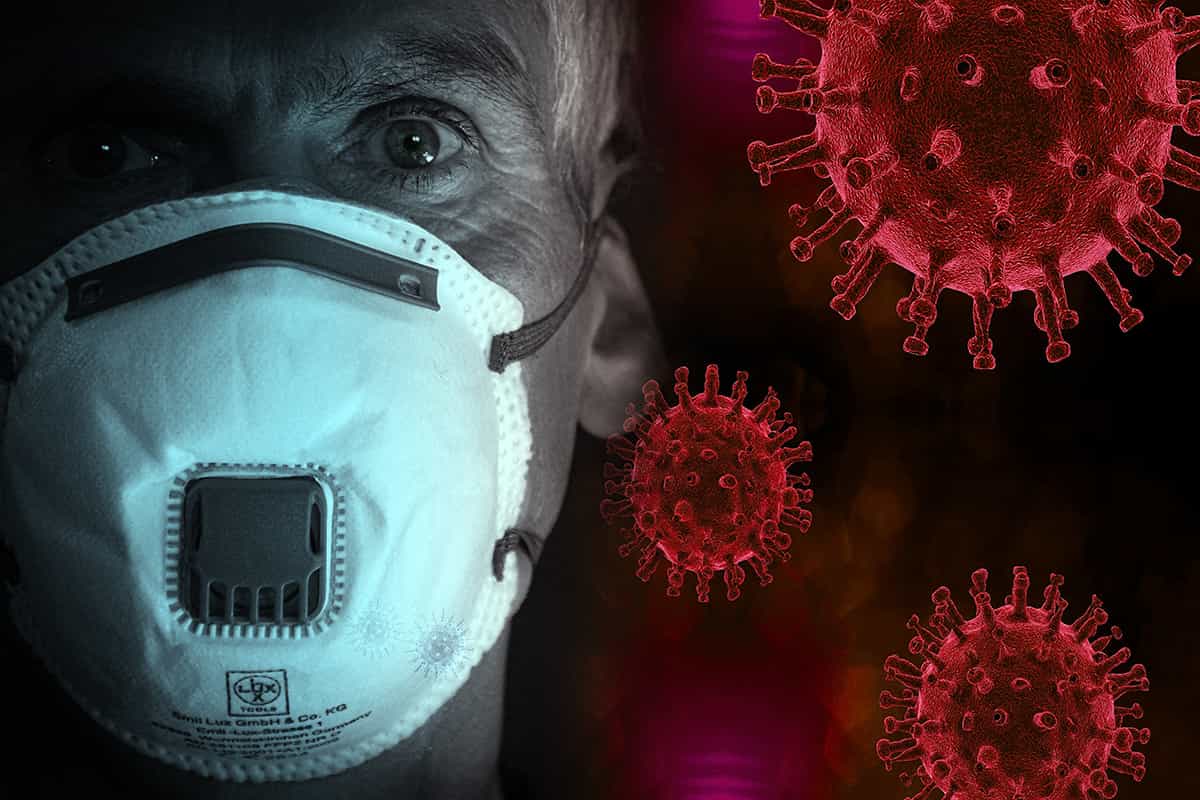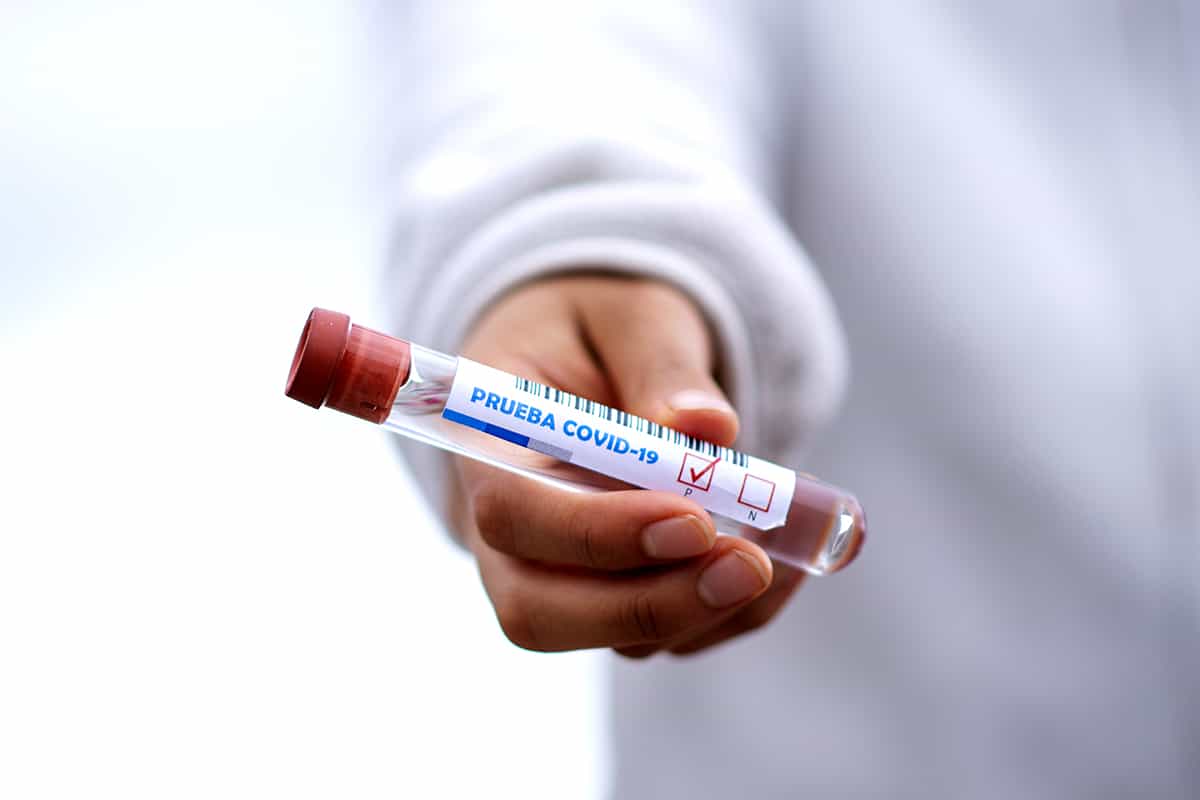Remember in the past, how you would turn the oil heating system off for the summer months and then when you turned it back on, it did not work? So you needed a visit from a heating engineer for help?
It’s easy to switch things off but often much harder to turn them back on again and power back up as before. And so it will be with the big restart from Covid-19.
Let the great world spin again, as Colum McCann might observe. But it’s hard to know how this new phase of re-opening will go, especially with the latest World Health Organization warning that some countries are going back into lockdown and there has been a surge of cases in some parts of the world.
As countries in Europe began easing restrictions, some have seen an increase in weekly Covid-19 cases for the first time in months.
Late last week, we saw the Government decision that the wearing of masks will be mandatory on public transport. This is nearly four months on since the first case was officially reported here.
The debate over masks has been exhausting. It will not be a simple measure to require people to wear them on public transport.
For medical and other reasons, some people will be unable to wear masks and so a system to verify and prove that they are exempt will be needed, to avoid problems on public transport.
This would include, for example, people with specific medical conditions, a disability, some people with autism and those who need to lip read. It will need to be managed carefully, so that those getting on a bus or train are not unfairly refused access, or even accosted by members of the public for not wearing a mask.
People using public transport in such circumstances must also not end up having to explain to all and sundry about their private medical condition, in order to be allowed travel.
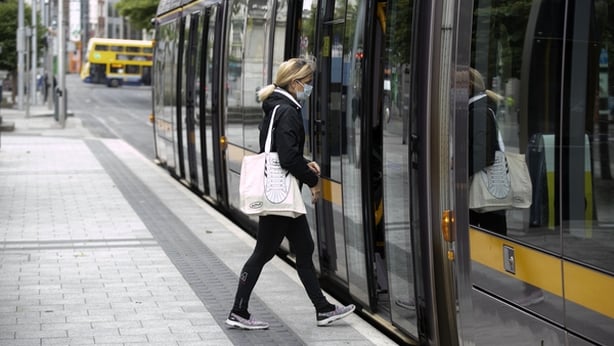
There are also issues around the availability and cost of masks, for the months and perhaps years ahead.
The State provides medicines and appliances for people with medical cards for example, who cannot afford them. It may have to do the same with masks for certain groups. And what masks are to be used?
The WHO recommends medical grade masks for certain older groups. There is also a danger of price gouging, with the news that masks must be worn under law.
What happens if the supply of masks runs out in particular areas – will people simply not be permitted to travel? So it is something that will need to be carefully thought through by the new Government and Minister for Health.
It might be sensible for the State to ensure that buses, trains and other forms of public transport have spare boxes of masks for those who, for a whole variety of reasons, may just not have one on them, but need to travel.
Whatever side of the debate you may be on regarding masks, they have a role in certain circumstances. It’s been remarked, that if you do not feel comfortable wearing a mask, you certainly won’t feel comfortable on a ventilator.
Also this week, the HSE published its overview of how the health system will resume delivering non-Covid-19 services, now that the immediate emergency has passed.
While Covid-19 is with us, the health system will be very different to what has been experienced before. The HSE estimates that 108,000 fewer planned procedures will be possible.
Also, with the two-metre rule, around a quarter of the acute hospital beds will not be used, as capacity has to be cut to make services safe. Hospitals will have reduced capacity to 80% occupancy and patient flows will be slower.
It is estimated that surgery could take two-three times longer. This will likely mean longer waiting lists and more delays for patients getting treatment.
Patients will need to self-isolate for 14 days before coming into hospital for a planned operation. These patients will also be tested 72 hours before admission, to ensure that they do not have the virus.
The changes will have major implications for employees and employers. Potentially, someone could be out of work for weeks before and after a hospital procedure.
The nightmare scenario for a patient would be if they had self-isolated at home for nearly 14 days and then tested positive for the virus, meaning the operation could not proceed.
Another nightmare scenario would be if a patient self-isolated for 14 days, only to be informed at the last minute that the operation was cancelled, because there was no bed available.
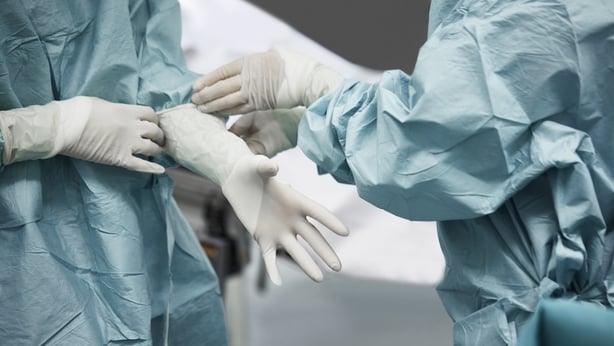
While hospital services attract a lot of attention and coverage, community services have also been badly affected due to the coronavirus.
There were health concerns about going behind the doors of the homes of older people during the crisis. Home support services were reduced and the provision of aids and appliances to support independence were also cut.
Day services, which provide an average of 28,000 places a week for older people, were suspended due to the pandemic. While phone-line and other supports were provided, these are not a long-term substitute.
Already, we can see that the demand for services for older people is increasing, as more older people are presenting and being admitted to hospital.
The latest Central Statistics Office studies show that older people living in the least deprived areas, have been the most adversely affected by Covid-19 and that this is strongly linked to outbreaks.
It has often been remarked that organisations should never let a recession or emergency go to waste. It can be a time when changes, that would otherwise seem impossible due to institutional or industrial relations reasons, may become possible.
A large level of redeployment of health staff occurred during the coronavirus crisis. It now offers the service planners an opportunity to rewrite how the system works.
Some of the changes were forced, for safety reasons. Other changes in work practices have delivered positive results, like the automatic extension of repeat prescriptions and more e-prescribing, without having to go to a GP.
You can foresee a time when people will go to their pharmacy to buy a test kit for Covid-19, to see if they have had the virus and are displaying antibodies, or even getting test kits to determine if they currently have the virus.
The HSE says that for the future, the roles and responsibilities of different staff will need to be reviewed, with staff reassigned to other care settings.
This will require employee relations engagement. It will be interesting to see how the various health unions respond to it all. There will be moves to expand e-prescribing and give the 1,900 community pharmacists an expanded role, taking pressure off GPs who complain of major workloads and not being able to take on any more patients.

We are promised more tele-medicine, greater electronic communication between hospitals and primary care and long-awaited investment in community diagnostic facilities.
No one wants to see a return to the status quo and the grim picture of hospital overcrowding. That would represent a picture of failure.
There was a fascinating opinion piece by a cardiologist in the New York Times last week, about how people had stopped going to their doctor during the virus crisis in the US. We have seen the same here. The question posed, was whether people really need the amount of treatment that the health system is used to providing?
While there is a specific US health system element to all this, the point made is whether health systems demand that they must be busy, to justify the staffing levels, pay and conditions and massive resources that go to the sector?
In America, with coronavirus, planned procedures were cancelled – which are the big moneymakers there – and hospitals and clinics have faced big losses.
In his article, Dr Sandeep Jauhar explained that in a recent survey, only one in 10 respondents said that their health or a family member’s health had worsened as a result of delayed care during the crisis.
We have been asking similar questions here – where did all the heart attacks and other serious illnesses go? Of course, postponing healthcare will have had awful health consequences for some patients, with non-Covid-19 illnesses that were not diagnosed or treated.
There has been relief here that CervicalCheck screening will resume next month and that other screening programmes will follow, although BreastCheck and BowelScreen will not resume until September.
Some of the statistics published last week in the HSE future care plan are stark. Just look at the drop in electronic referrals for cancer services before and after the Covid-19 measures.
Referrals for breast care reduced by 49%, lung conditions referrals dropped by over 58%, prostate by over 50% and pigmented skin lesions by over 67%.
Also the inpatient/day case waiting lists went up by over 29% to 87,238 people and the outpatient waiting lists rose by 1.8% to 567,831.
The overriding point of the NYT article was that the vast majority of patients seemed to have fared better than most doctors expected. Maybe this was because they took up healthy habits, exercised more and spent more time with loved ones?
The HSE says that so far, excess deaths here appear to be due in the main from Covid-19. It is all worthy of a major academic study for sure.
Separately, Fine Gael leader Leo Varadkar has said that when the Covid-19 emergency is over, there will need to be a review of how it was handled here.
As we move into Phase 3, and more people travel with the holiday period, there are obvious risks. Last week, the R number was 0.5 to 0.8 and stable.
In the Dáil, the Special Committee on the Covid-19 response looked at the HSE testing and tracing system.
Professor Paddy Mallon, UCD School of Medicine, warned about an inevitable resurgence of the virus, with the August period and more travel and also when the influenza season arrives.
He argued that the turnaround time for the HSE’s testing and tracing of close contacts in the community was not good enough at 2.1 days. It should be 24 hours, he said.
While the HSE did not give a commitment to a 24-hour turnaround target, a new long-term test and trace plan is being developed and is due to be ready for the autumn.
Dr Colm Henry, HSE Chief Clinical Officer, insisted that the service has the ability to ramp up testing, at short notice.
Its capacity to perform 100,000 tests a week has never been tested. It would be interesting to see what the turnaround time of test results would be, if it faced that level of demand.
It now looks like people will be allowed to travel to a list of approved countries to be published by 9 July. They will not have to self-isolate on return from these destinations.
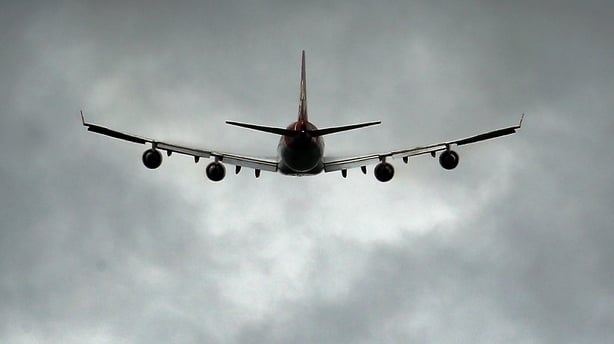
The list will be coordinated by the EU and reviewed every two weeks. It could mean a country on the list being removed if their Covid-19 status deteriorated.
Quite what would happen if you were still away on holidays in such a country and about to return is unclear. Would you need to self-isolate for 14 days on return?
Just like the issue of masks, testing for the virus at airports and temperature checks were also debated this week.
There are rapid tests that can say if you have the virus within a few hours, but not widely available enough. While such tests can be deployed at airports, they do only pick a moment in time, to determine if you are infected and are not a predictor as to whether you are going to develop Covid-19.
Likewise, temperature checks are used in some countries and can be useful as part of a range of measures.
One of the drawbacks comes from a point made by Dr Cillian De Gascun, Director of the National Virus Reference Laboratory, that most people in Ireland who were confirmed with Covid-19 did not display the classic symptom of a high temperature, which was a key symptom seen in the early stages of the outbreak in China.
The very latest studies show that timing is everything with antibody tests for Covid-19. A Cochrane review of 54 studies has found that antibody tests conducted one week after a patient first developed symptoms detected just 30% of people who had been infected with the virus.
But the accuracy rose to 72% at two weeks and to 94% in the third week, according to a report in the latest British Medical Journal.
Coronavirus has been a profound shock to the world, its people, the health system, to society and the economy. The next steps ahead will carry risks and no one knows how things will go.
You can put in place all the masks, tests, temperature checks and other advice but in the end so much comes down to individual behaviour and responsibility.
The simple messages remain the most important, on social distancing, good hygiene, self-isolation if you have any of the symptoms and ringing a doctor as quickly as possible, to report your health status.
No one wants to go back to the start, to those difficult days in March and April.
The first battle for us with coronavirus has been waged and won but with casualties that we must not forget.
Life is resuming again now, in mid summer – the opposite side of darkness.
Much of the world is on a big re-boot. Re-starts are like new beginnings.
No one is quite sure where it will take us. Like a blank page. With the future yet to be written.
Read More




